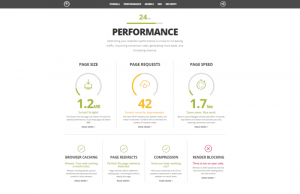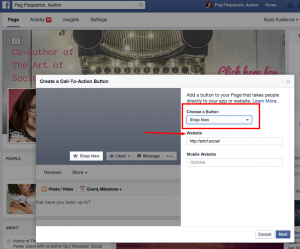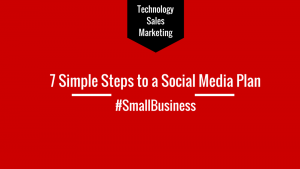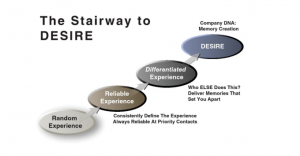Cybersecurity Firm CHEQ Enters PPC Market To Protect Against Fraud
Ad-fraud prevention firm CHEQ on Wednesday moved its ad verification services to support paid search and paid-search advertising. The service, called CHEQ PPC, expands the company’s offerings beyond impression-based programmatic advertising.
The goal is to help companies avoid losing estimated millions this year from ad fraud. Daniel Avital, chief strategy officer at CHEQ, wrote in an email that CHEQ PPC, the company’s new platform, provides invalid click prevention across all major paid-search platforms for Google, Bing, Yahoo, Yandex and Baidu, as well as the major paid social channels such as Facebook, Twitter, Instagram, LinkedIn, Pinterest, Snap and others.
No integrations are required because the blocking occurs automatically on the client’s end and CHEQ provides a stand-alone dashboard to clients.
“There are a few major enterprise software integrations in the works, which will be announced shortly,” Avital wrote. “But again, CHEQ for PPC functions as a standalone piece of software and delivers its full value, regardless of any integrations.”
CHEQ has seen “significant growth” in click fraud with marketers experiencing sophisticated attacks on budgets.
Nearly one in five clicks are non-human and/or fraudulent, according to a recent study that the company commissioned.
About 14% of all ad clicks are non-human or fraudulent. While that number might seem small, the cost to advertisers is in the tens of billions of dollars in wasted ad spend.
Magna Global estimates approximately $144 billion is spent on paid-search and paid-social campaigns, as Google, Amazon, Pinterest, LinkedIn, Instagram and other platforms continue to attract advertising dollars.
Ecommerce, for example, is expected to lose at least $3.8 billion globally on PPC campaigns by the end of 2020. This is based on around 9.7% invalid clicks discovered across multiple ecommerce campaigns.
In one case analyzed, a fashion retailer running a PPC and shopping campaign across Facebook, Bing Ads, YouTube, Instagram, Snap and Amazon, with an average CPA of $12 found 12% of all clicks were invalid — non-human, fraudulent or with no purchase intention.
In the travel sector, which is attempting to rebound from COVID-19, CHEQ expects at least $2.6 billion to be lost globally on PPC campaigns by the end of 2020, based on around 17% invalid clicks discovered across multiple campaigns.
The spend totals about $15.6 billion on social and search PPC by the end of 2020.
There is also a CHEQ for Display & Video, the original platform. Both run on CHEQ’s cyber-driven, bot mitigation engine.
It is an ad-fraud database running unique cybersecurity methodologies developed specifically for ad fraud. The company services brands, ecommerce platforms, SaaS companies, media agencies and anyone who is spending significantly on these channels.
(14)
Report Post






